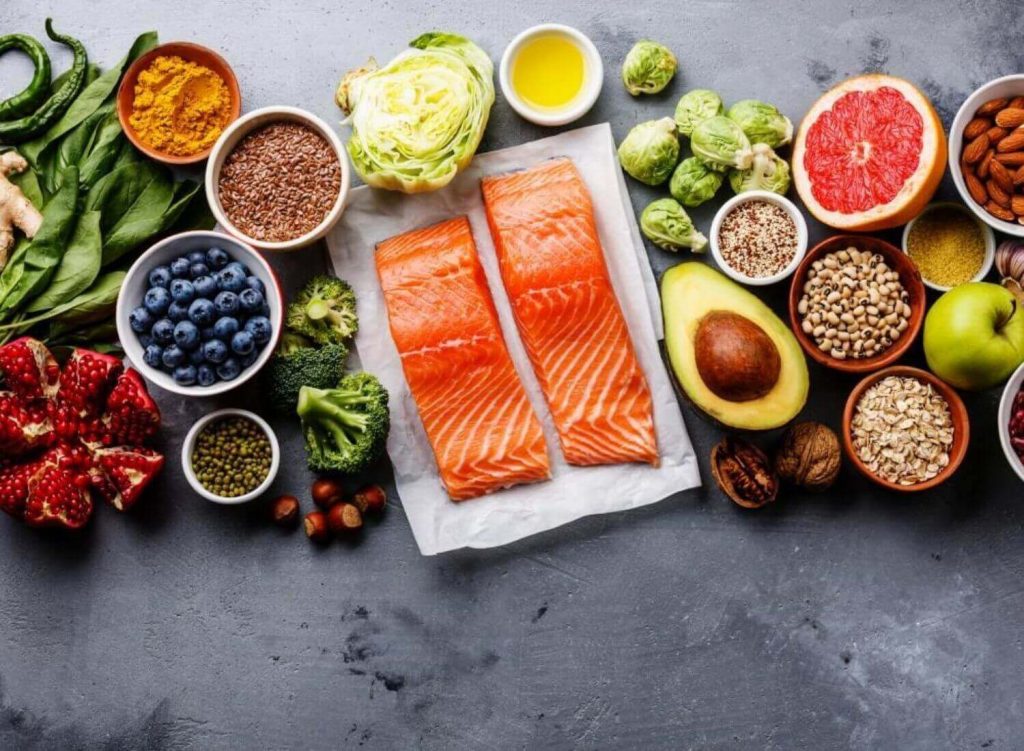Asthma is a long-term condition of the lungs, which causes your airways to get inflamed and narrow. It makes it hard to breathe properly and can cause symptoms like coughing, wheezing, a whistling sound when you breathe, shortness of breath, trouble sleeping, etc.
If you think you are having asthmatic symptoms, do not be late. Quickly see your doctor. They will refer you to an asthma specialist who will start with a physical exam and ask about your symptoms and medical history. But some superfoods for asthma care help in alleviating asthma.
Foods That Fight Your Asthma
The doctor’s guidance supports the following superfoods for asthma care. There’s no such universally accepted diet for asthma. Hence, any diet loaded with anti-inflammatory and antioxidant-rich foods like fruits and vegetables is okay for your whole body and your respiratory organs like your lungs. Foods containing certain compounds help to lower the risk of asthma. These ‘superfoods’ contain nutrients and minerals, which fight the lung inflammation or swelling that causes asthma.
1. Garlic And Ginger
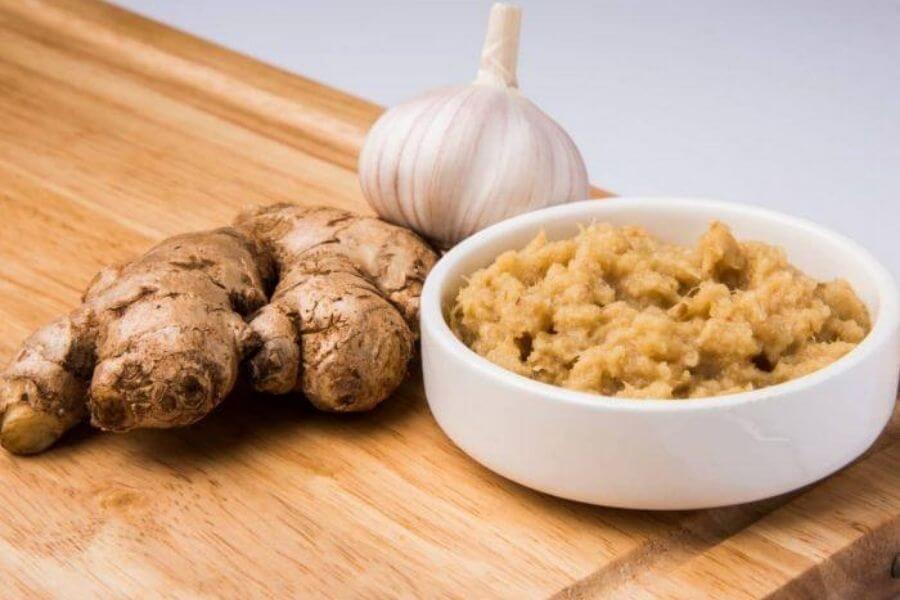
Asthma is an inflammatory disease, and spice and herb-like garlic have anti-inflammatory properties, so it might be useful to help relieve the symptoms caused by asthma.
Ginger is another anti-inflammatory herb and may help with severe asthmatic symptoms. In the 2013 study, it was shown that oral ginger supplements improved to some extent of asthma symptoms.
2. Avocado
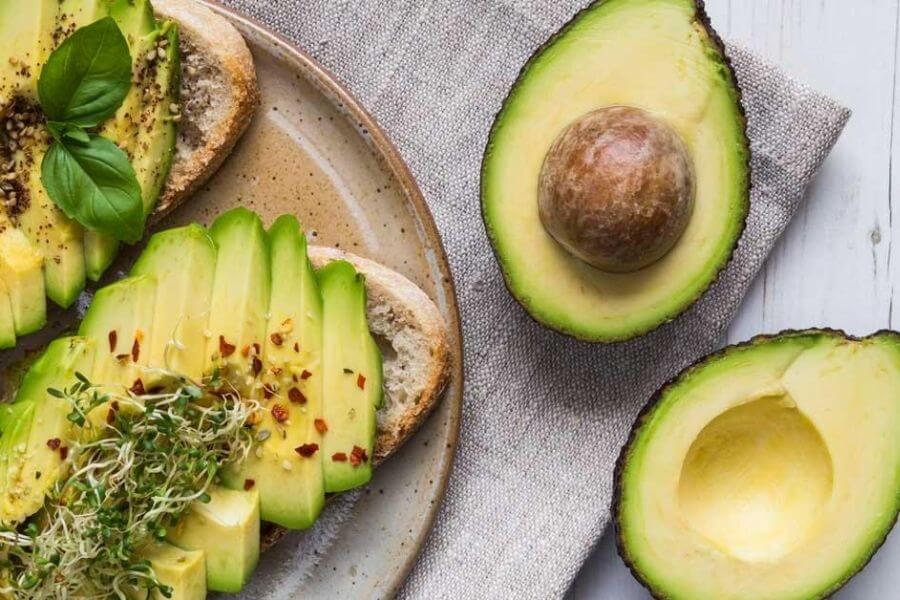
Avocados have high levels of an important antioxidant, L-glutathione, which protect your cells from free radical damage. This awesome fruit can be prepared in a variety of ways and is considered “the master of antioxidants.” You can consume avocados by adding them to your diet, salads, etc.
3. Honey
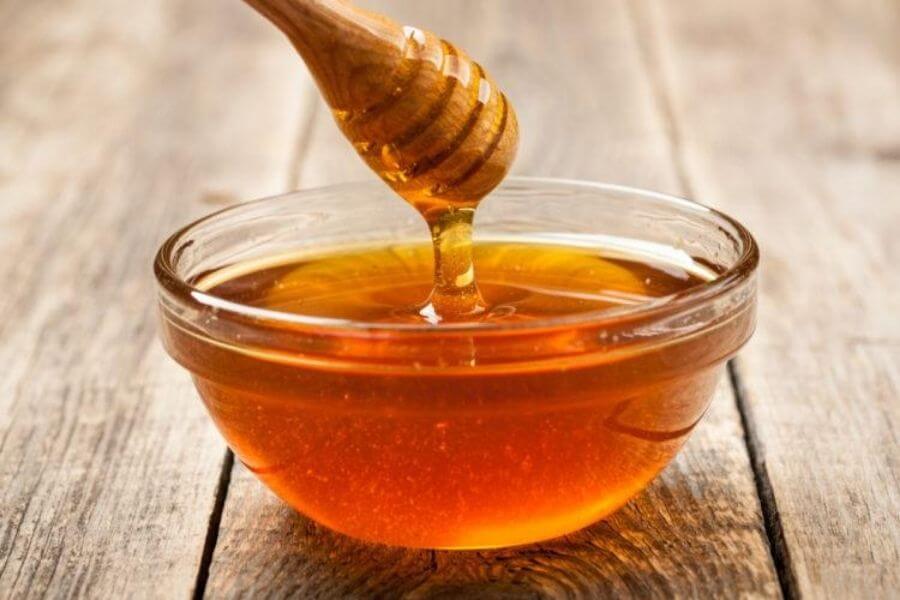
Honey is frequently used as a cold remedy to help soothe the throat and reduce coughing. It removes the mucus from your throat and treats its symptoms. It lubricates your airways by producing more saliva in the salivary glands. It helps in reducing inflammation in the airways. You can start by mixing honey with a hot beverage like herbal teas, or you can start mixing 1 teaspoon of honey in a cup of warm water (2 times a day).
4. Vegetables
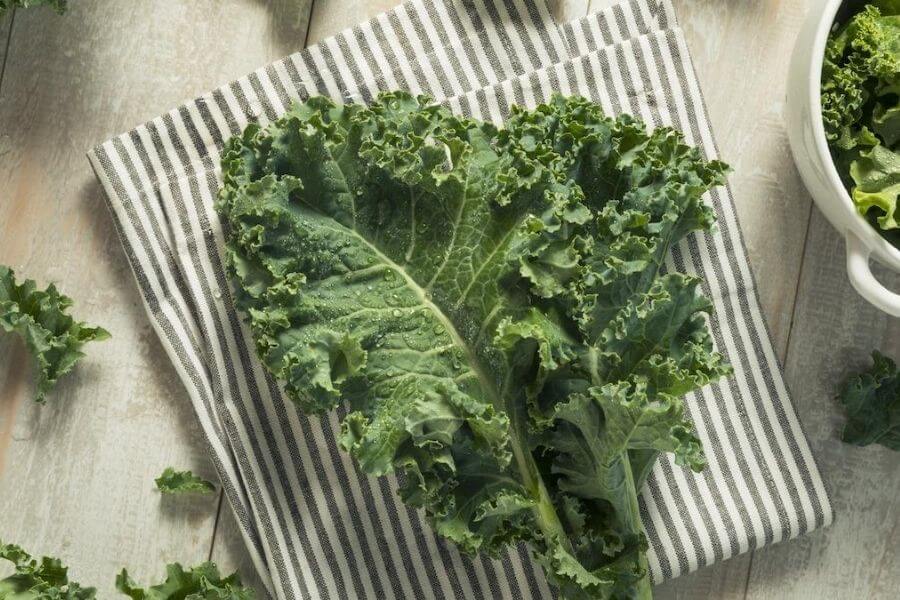
Spinach and kale have a good amount of vitamin C per cup. This vitamin reduces muscle contraction in our airway passages. These veggies are also loaded with beta-carotene, antioxidants, phytochemicals, and also have higher levels of vitamin K, vitamin C, B6, manganese, which is said to help treat asthmatic symptoms.
5. Omega-3 Oils

Omega-3 oils, which can be found in fishes like salmon, mackerel, herring, etc., and seeds like flaxseeds have been shown to work to decrease airway inflammation and improve lung function in people with severe asthma.
6. Vitamin D

Enough vitamin D is essential as it may help to reduce the number of asthma attacks in children, according to the vitamin D Council. Sources of vitamin D include salmon, milk, and fortified milk, eggs. If you have allergies to milk or eggs, you may want to avoid them as a source of vitamin D. Allergic symptoms from a food source can manifest as asthma.
7. Vitamin A
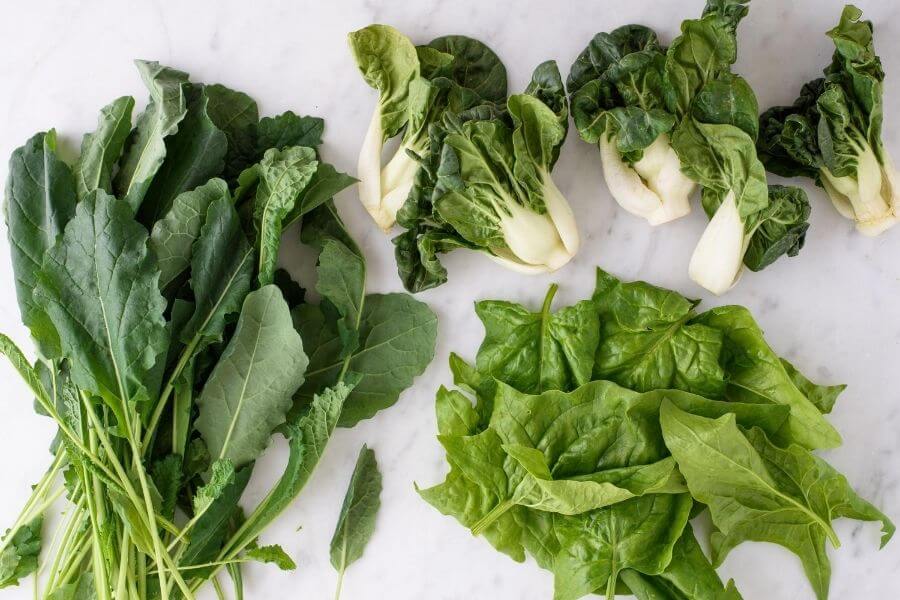
A study showed that children with asthma typically had lower levels of vitamin A in their blood than children without asthma. In children with asthma, higher levels of vitamin A also corresponded to better lung function. Good sources of vitamin A are carrots, sweet potatoes, leafy greens, lettuce, kale, spinach, broccoli, etc.
8. Apples And Bananas
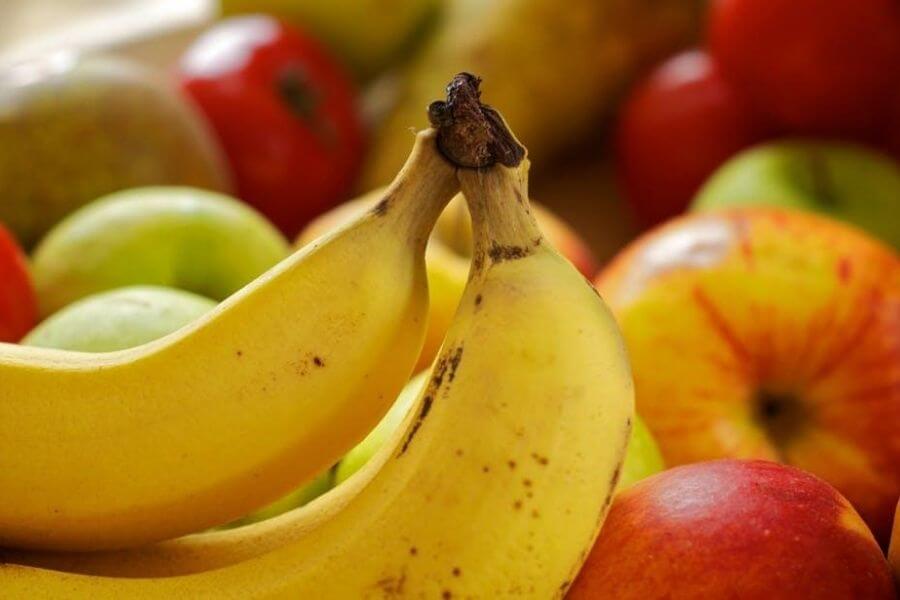
According to a research review, apples were linked with a lower risk of asthma and improved lung function. The protective effect of apples is due to their phytochemical content, flavonoids, and other compounds that have a variety of health effects.
A survey published in the European Respiratory Journal found that bananas might helps to decrease wheezing in children with asthma due to the fruit’s antioxidant and potassium content, which may improve lung function.
9. Caffeine

Caffeine helps in the dilation of bronchioles and helps to reduce muscle fatigue. A study showed that caffeine can be quite effective for people with asthma. A 2010 research review found that caffeine may slightly improve breathing function in people with asthma for up to 4 hours, improving the function of airways for up to four hours after consumption. The caffeine in black or green tea and coffee is believed to help treat asthma. However, drink coffee in moderation.
10. Flaxseeds
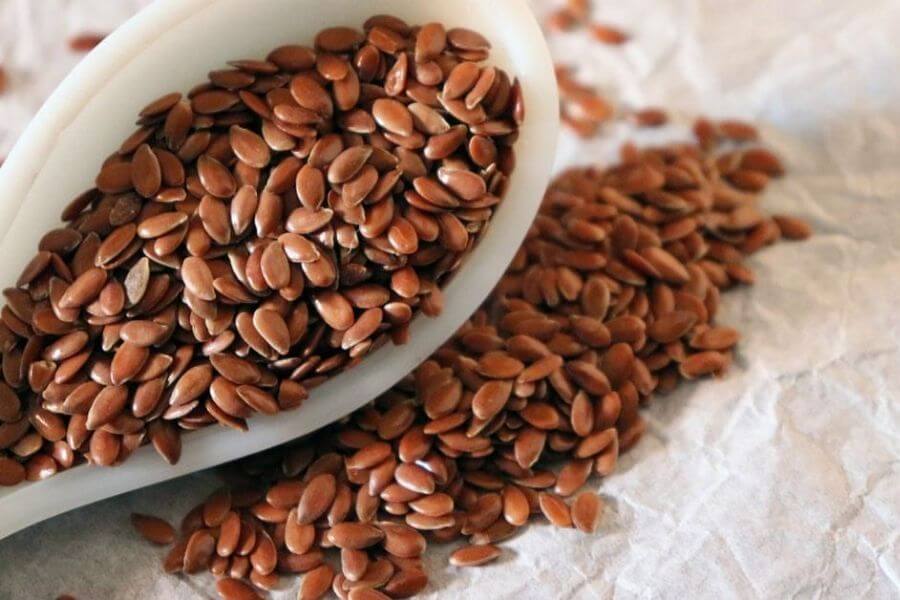
These are another great source of anti-inflammatory compounds and omega-3 fatty acids. You can start with ground flaxseeds as they superbly are nutrient-dense. To get the most nutrients, try to grind them in a spice grinder and then add one to two teaspoons to smoothies or cereals, or start to sprinkle on salads.
11. Magnesium

In a study, it is found that children ages 11 to 19 who had a deficit in magnesium levels also had low lung flow and volume. Kids can improve their magnesium levels by eating magnesium-rich foods like spinach, pumpkin seeds, dark chocolate, etc.
12. Nuts And Seeds

Almonds, hazelnuts, and raw seeds are quite good sources of vitamin E as well as cruciferous vegetables like broccoli and kale. Vitamin E has tocopherol, a chemical compound, that could help cut how much you cough and wheeze from your asthma.
13. Turmeric

It is the most important spice of Indian cuisine. And this spice contains an active ingredient, curcumin, which has anti-inflammatory and antioxidant properties. Findings suggest that curcumin may help people with asthma to breathe better, though curcumin didn’t have any effect on asthma symptoms like coughing, wheezing, etc.
14. Pomegranates
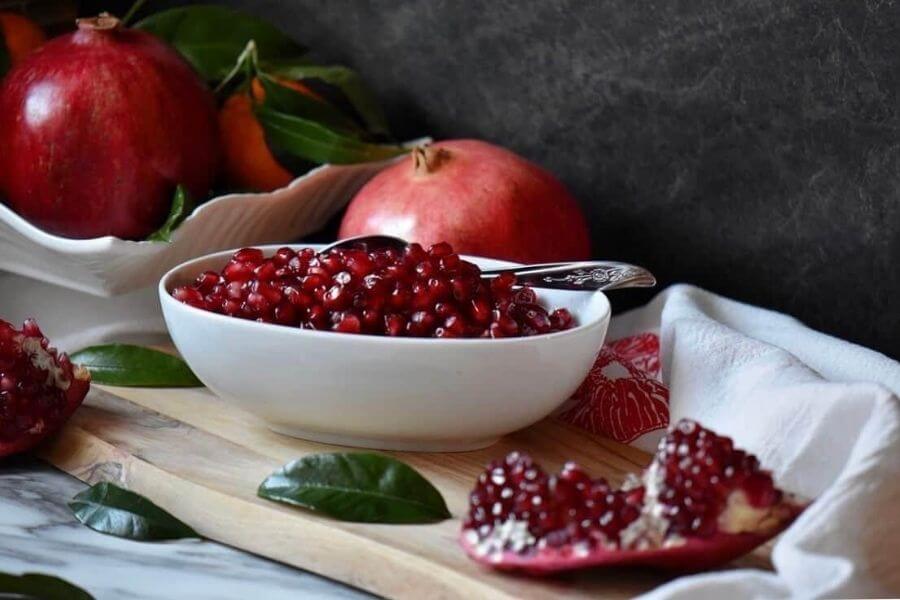
Pomegranates have a healthy dose of antioxidants present in them. They help reduce inflammation in the lungs. A conducted study purported that pomegranate juice helps in lowering the damage of lung tissues.
15. Tomatoes

Tomatoes are super rich in antioxidants and also low in calories, which makes them a superfood plus worthy addition to your anti-asthma diet. Lycopene present in tomatoes is one of the powerful antioxidants. Tomato juice might help your airways to relax, according to a study done on animals.
Try the Mediterranean Diet For Asthma

This diet is loaded with lots of fruits, vegetables, whole grains, beans, and nuts. One can consume fish and chicken twice a week but keep a limit to red meat, and butter. Instead, you can cook with healthy oils like Mufa rich olive or canola oil, and your flavor with various herbs instead of salt. People who consume this diet have fewer asthma attacks as this diet is anti-inflammatory.
Conclusion
Eating the right quantity and quality, moderately exercising regularly, and reducing stress levels by meditation and deep breaths are the best things you can do to breathe better. The most important thing is to Stay Positive.

